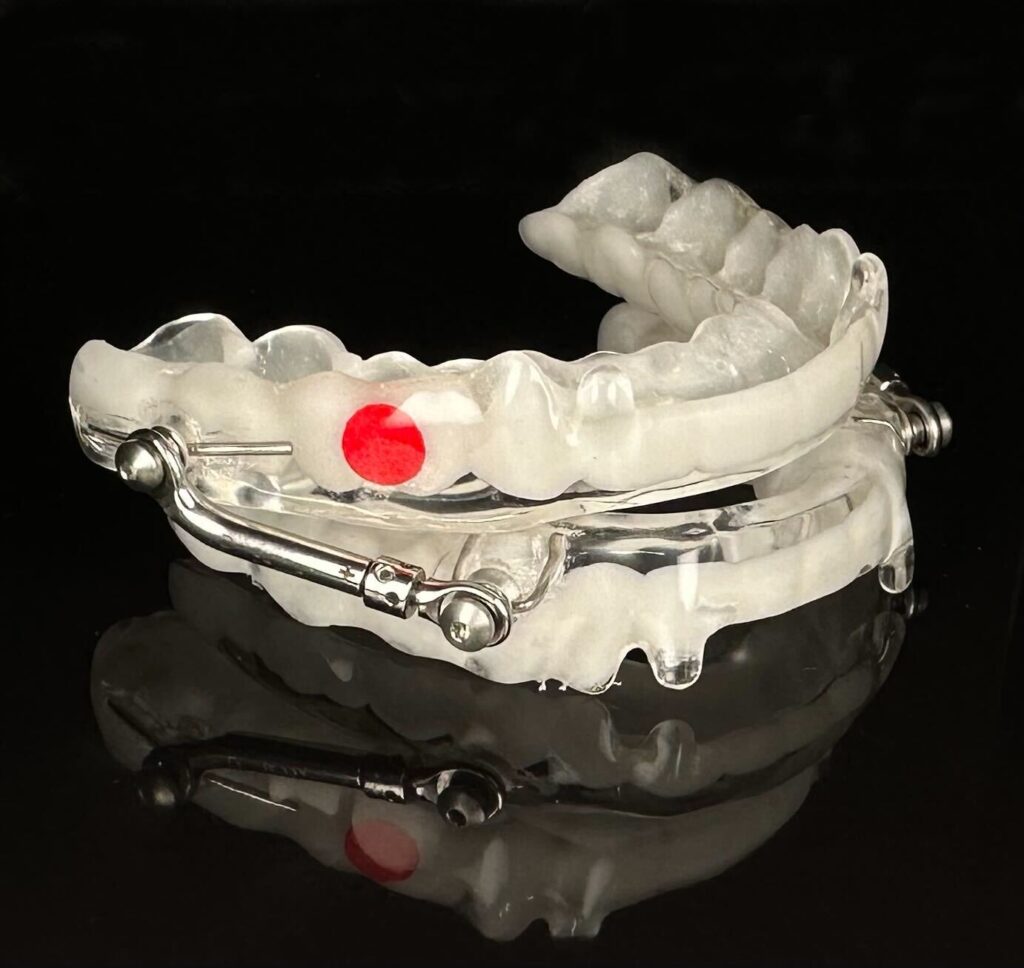In the realm of health and well-being, connections between various conditions are continually discovered. One such intriguing link has emerged between sleep apnea and dementia, shedding light on the importance of understanding and treating sleep apnea for overall cognitive health. In this blog post, we will explore the connection between sleep apnea and dementia and emphasize the critical role of treating sleep apnea in preserving mental acuity.

The Sleep Apnea-Dementia Connection
1. Shared Risk Factors:
Both sleep apnea and dementia share certain risk factors, including age, obesity, and hypertension. These commonalities suggest a potential intersection between the two conditions, making it crucial to address the underlying causes that contribute to their development.
2. Oxygen Deprivation:
One of the primary characteristics of sleep apnea is the recurrent interruption of breathing during sleep. This leads to periods of oxygen deprivation, which can have detrimental effects on brain function over time. The link between oxygen desaturation and the development of cognitive decline, including dementia, is an area of active research.
3. Impact on Brain Structure:
Studies have shown that individuals with untreated sleep apnea may experience changes in brain structure, including the hippocampus—the region responsible for memory and learning. These structural alterations could contribute to the cognitive decline observed in dementia.
The Importance of Treating Sleep Apnea

1. Preserving Cognitive Function
Addressing sleep apnea through appropriate treatment, such as Continuous Positive Airway Pressure (CPAP) therapy, can help mitigate the risk of cognitive decline and dementia. By ensuring consistent oxygen flow during sleep, treatment aims to preserve cognitive function and reduce the impact on brain health.
2. Enhancing Quality of Life
Beyond its potential impact on cognitive health, treating sleep apnea has numerous benefits for overall well-being. Improved sleep quality can lead to increased energy levels, enhanced mood, and better concentration, contributing to a higher quality of life.
3. Multifaceted Treatment Approaches
In addition to CPAP therapy, lifestyle modifications, positional therapy, and oral appliance therapy are among the various approaches available for managing sleep apnea. A personalized treatment plan, tailored to the individual’s needs and preferences, is crucial for long-term success.
4. Seeking Professional Guidance
If you or a loved one is experiencing symptoms of sleep apnea, seeking professional guidance is essential. Sleep studies conducted by sleep specialists can help diagnose the condition, and healthcare providers can recommend suitable treatment options based on the severity and type of sleep apnea.
The link between sleep apnea and dementia underscores the importance of addressing sleep disorders not only for a restful night’s sleep but also for the preservation of cognitive function. By understanding this connection and prioritizing the treatment of sleep apnea, individuals can take proactive steps toward maintaining a healthy brain and enjoying a higher quality of life.
Contact Better Sleep MOV Today!
If you suspect sleep apnea may be affecting you or someone you know, seeking timely medical intervention can make a significant difference in promoting both restful sleep and cognitive well-being. Schedule an appointment with Better Sleep Mid-Ohio Valley today.

